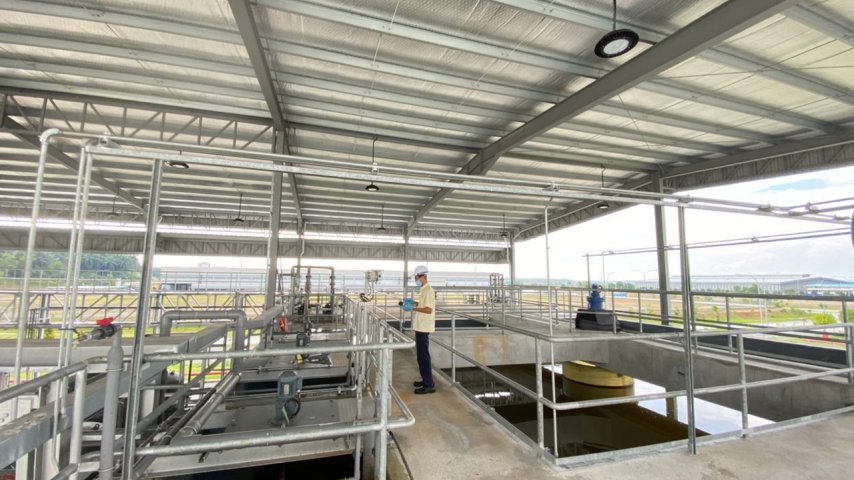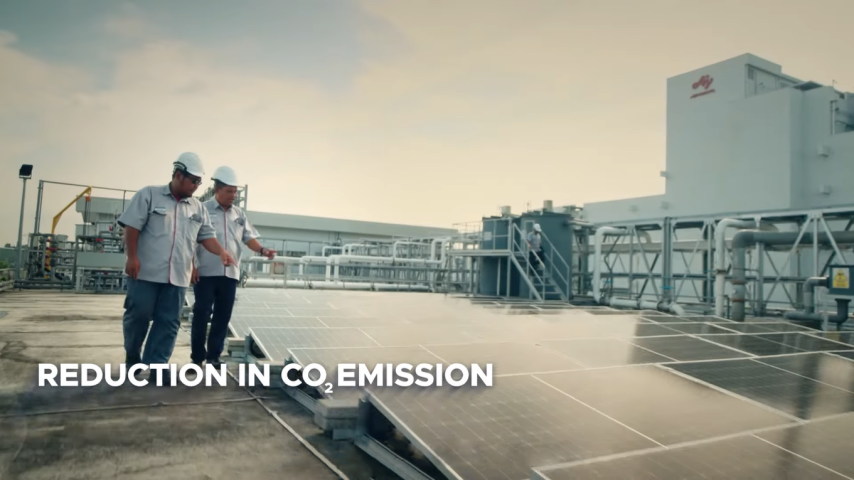Sustainable Consumption and Production
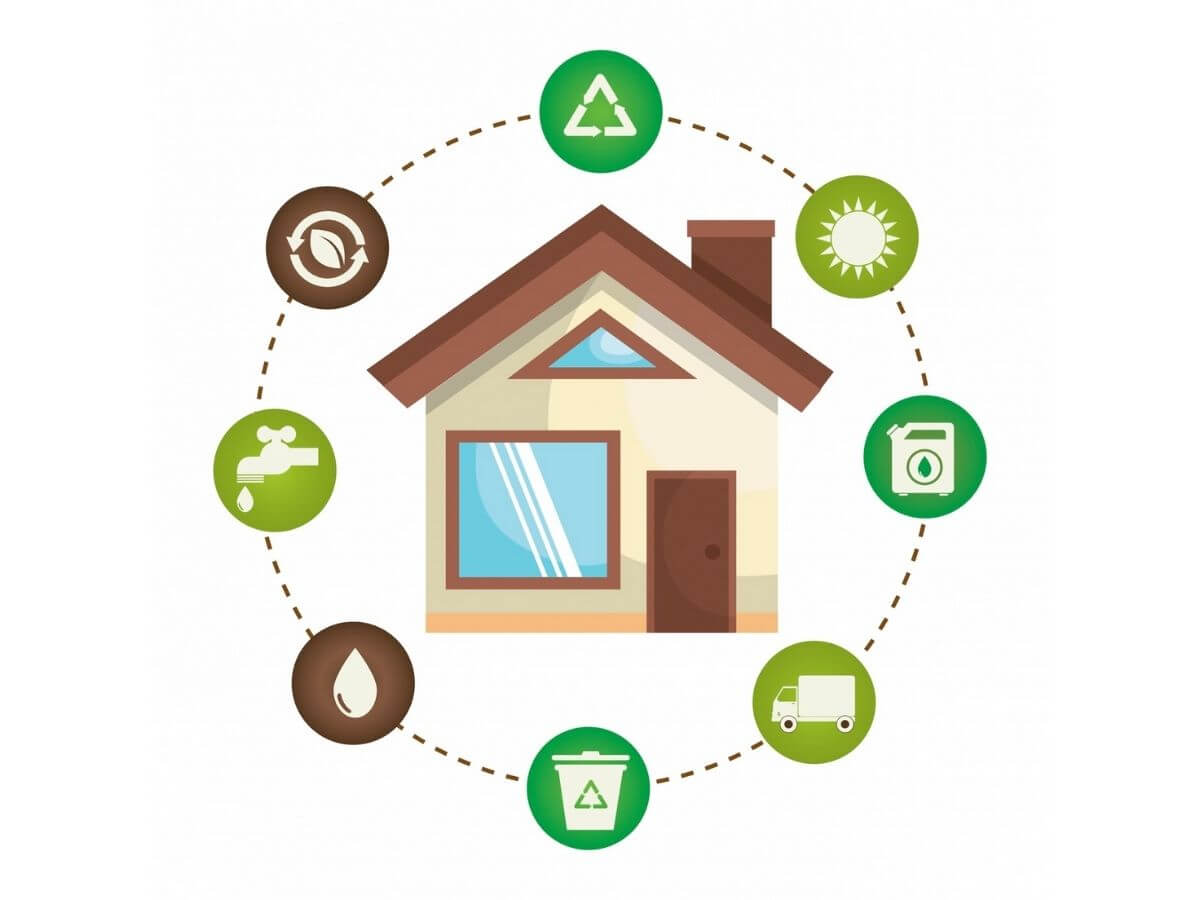
The concept of sustainable consumption and production is all about finding a balance—using natural resources at a pace where the planet can replenish them. It's not just an environmental concern; it's a necessity for our survival and well-being.
This idea may seem daunting at first glance—after all, altering global consumption patterns is no small feat. However, the shift towards sustainability is not just possible; it’s already underway in various parts of the world through innovative technologies and policies.
Sustainable Development Goal (SDG) 12
Implemented as one of the United Nations’ 17 Sustainable Development Goals, SDG 12 targets the reduction of our ecological footprint by changing the way we use resources.
This goal advocates for a global shift towards sustainable practices that reduce waste through recycling and reuse, encourages companies to adopt sustainable practices, promotes green infrastructure, and emphasises the importance of environmentally friendly lifestyles among consumers.
Our planet has finite resources—and with an ever-growing population consuming more than ever before—it's crucial that we find a balance that allows us to meet today’s needs without compromising the ability of future generations to meet theirs.
Sustainable Consumption and Production (Malaysia)
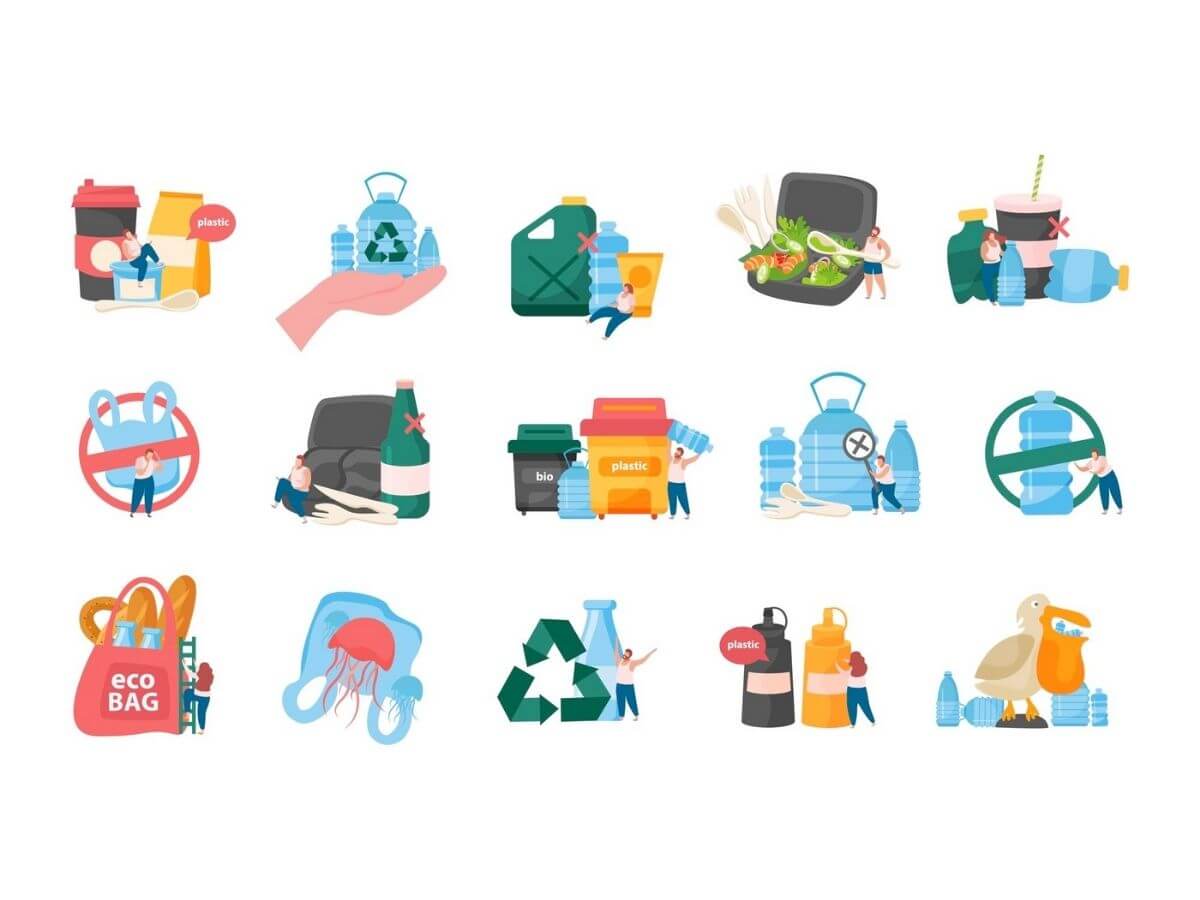
One of the key measures implemented for sustainable consumption and production in Malaysia is the development of the National Policy on Sustainable Consumption and Production. This policy framework emphasises reducing environmental degradation, enhancing resource efficiency, and minimising waste through sustainable management practices.
Another key initiatives Malaysia has launched is the Green Technology Master Plan (GTMP) aims to accelerate the national economy's shift towards green technology while fostering sustainable development. It targets various sectors, including energy, manufacturing, and transportation, promoting cleaner and more efficient practices.
Moreover, Malaysia's Green Technology Financing Scheme (GTFS), initiated to support environmentally friendly projects. By providing easier access to financing for such projects, the GTFS incentivises businesses to adopt greener processes. This move not only aids in reducing carbon footprints but also propels Malaysia towards a more sustainable economic model.
Promoting Sustainable Consumption and Production
Firstly, let's talk about boosting awareness. By learning more about where our products come from and how they're made, we can make more informed decisions. This isn't just about reading labels, it's about diving deeper, asking questions, and being curious about the lifecycle of what we consume.
Furthermore, innovation plays a pivotal role in this journey. Industries are continually evolving, striving to find greener solutions. This could mean anything from adopting renewable energy sources to reimagining packaging with biodegradable materials.
Now, onto nudging behaviour change—easier said than done. Encouraging individuals and businesses alike to adopt sustainable practices requires a mix of education, incentives, and sometimes regulations. It's all about making the sustainable choice an easier, more convenient option.
Lastly, engaging in community initiatives brings us closer to our goal collectively. It’s amazing what we can achieve when we work together towards common objectives. Community-driven activities not only foster a sense of unity but also amplify the impact of sustainable practices on a local level.
Ajinomoto Malaysia in Responsible Consumption and Production
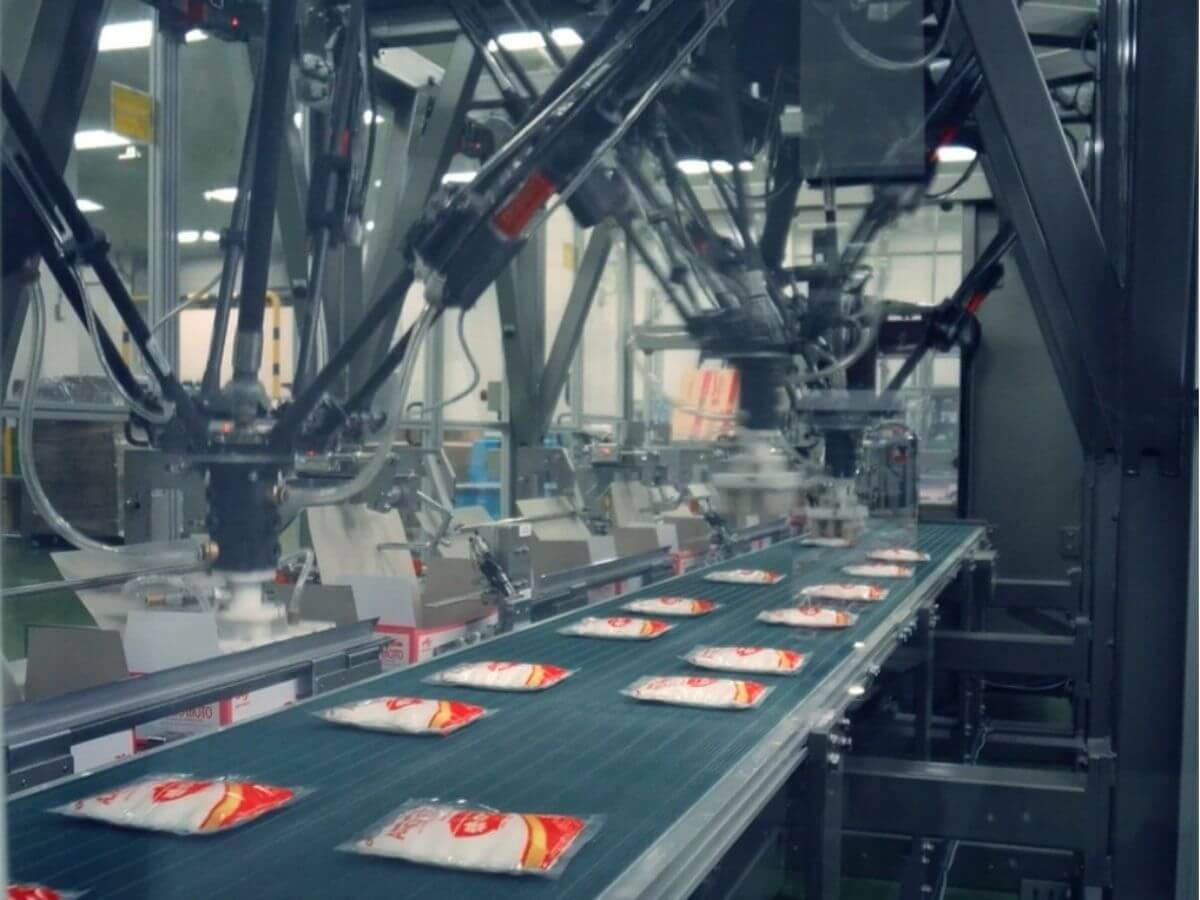
Ajinomoto Malaysia has taken significant strides towards fostering sustainable practices, ensuring that our operations contribute positively to the planet and its inhabitants. This proactive approach reflects a deep understanding of our pivotal role in shaping a more sustainable future for food production.
One commendable stride Ajinomoto Malaysia has made is shifted towards using sustainable food packaging for our range of seasoning products. This move not only aligns with global sustainability targets but also sets a benchmark for others in the industry to follow.
Additionally, Ajinomoto's dedication to enhancing sustainable practices for food waste showcases our commitment to tackling environmental challenges head-on. By developing better recycling practices, we are paving the way for more sustainable food processing and waste management systems.
By 2030, we aim to substantially reduce waste generation through an integrated approach focusing on prevention, reduction, recycling, and reuse. This vision encompasses acknowledging that true progress requires rethinking how resources are used throughout the product life cycle.
